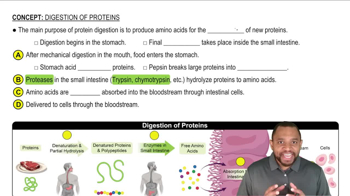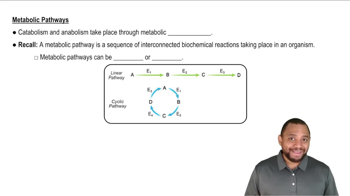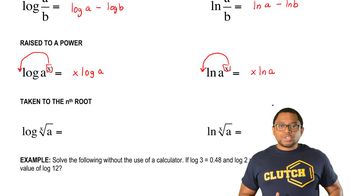The overall equation in this section,
shows the cycle between photosynthesis and oxidation. Pathways operating in opposite directions cannot be exergonic in both directions.
a. Which of the two pathways in this cycle is exergonic and which is endergonic?






